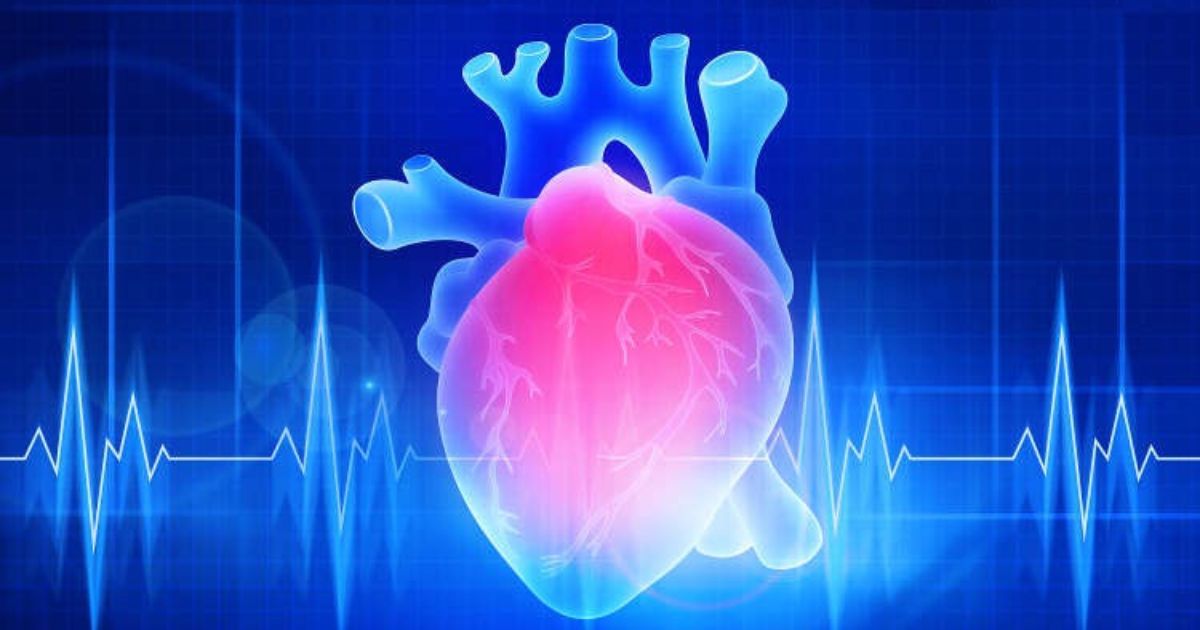On this World Heart Day, a day dedicated to raising awareness about cardiovascular health, experts are shining a spotlight on the often-overlooked aspect of mental health support in cardiovascular disease recovery.
Emerging research underscores the critical link between mental well-being, positive mindsets, and social connections in the recovery journey of those affected by heart-related conditions.
The Heart-Mind Connection – Mental Health Support in Cardiovascular Disease
Cardiovascular disease, encompassing conditions like heart attacks and stroke, is a global health concern. Beyond its physical toll, it places a significant emotional and psychological burden on those affected. Studies have consistently shown that individuals with cardiovascular disease are at a higher risk of experiencing anxiety and depression.
Dr. Emily Carter, a cardiologist, explains, “The emotional toll of cardiovascular disease is substantial. It’s not just about treating the physical symptoms; we must address the emotional well-being of our patients to facilitate a holistic recovery.”
A growing body of research indicates that maintaining a positive mindset can significantly impact the course of cardiovascular disease.
Patients who approach their recovery with optimism and resilience tend to have better outcomes. This positive outlook often translates into greater adherence to treatment plans, healthier lifestyle choices, and improved overall quality of life.
In light of this, healthcare providers are increasingly incorporating mental health assessments and interventions into their care plans for cardiovascular patients. These may include counseling, stress management techniques, and mindfulness practices.
Social connections play a pivotal role in the recovery process for individuals with cardiovascular disease. A robust support network, consisting of friends, family, and peers, can provide emotional assistance and motivation during challenging times.
Research suggests that individuals who maintain strong social connections experience better cardiovascular health outcomes. Regular interactions and a sense of belonging contribute to reduced stress levels, improved mental well-being, and enhanced overall cardiovascular resilience.
Many individuals who have battled cardiovascular disease emphasize the importance of mental health and social connections in their journeys to recovery. David Turner, a heart attack survivor, shared his experience: “My family and friends were my pillars of strength. Their support helped me stay positive and motivated throughout my recovery.”
Sarah Mitchell, a stroke survivor, added, “Staying connected with support groups and sharing our stories with others who understand what we’re going through has been instrumental in my healing process.
On World Heart Day, organizations, healthcare providers, and communities worldwide are coming together to emphasize the significance of mental health support for those with cardiovascular disease. Activities such as awareness campaigns, support group sessions, and educational webinars are being organized to highlight the heart-mind connection.
Healthcare institutions are also adopting integrated care models that prioritize the psychological well-being of cardiovascular patients alongside medical treatment. By addressing the emotional aspects of heart disease, they aim to improve the overall quality of care and enhance patient outcomes.
As the world observes World Heart Day, it serves as a poignant reminder that a healthy heart encompasses not only physical well-being but mental and emotional health as well. Healthcare professionals, policymakers, and communities must unite to:
- Promote Mental Health Awareness: Raise awareness about the emotional toll of cardiovascular disease and the importance of mental health support.
- Offer Holistic Care: Encourage healthcare providers to incorporate mental health assessments and interventions as integral components of cardiovascular care.
- Strengthen Support Networks: Foster and expand support networks, both within and outside the healthcare system, to ensure individuals with cardiovascular disease have access to emotional assistance.
- Emphasize Prevention: Promote heart-healthy lifestyles to prevent cardiovascular disease in the first place, reducing the burden on individuals and healthcare systems.
On this World Heart Day, let us recognize that a healthy heart requires a healthy mind and supportive community.
By prioritizing mental health and social connections in the context of cardiovascular disease, we can empower individuals to not only survive but thrive in their journey toward heart health and overall well-being.




























